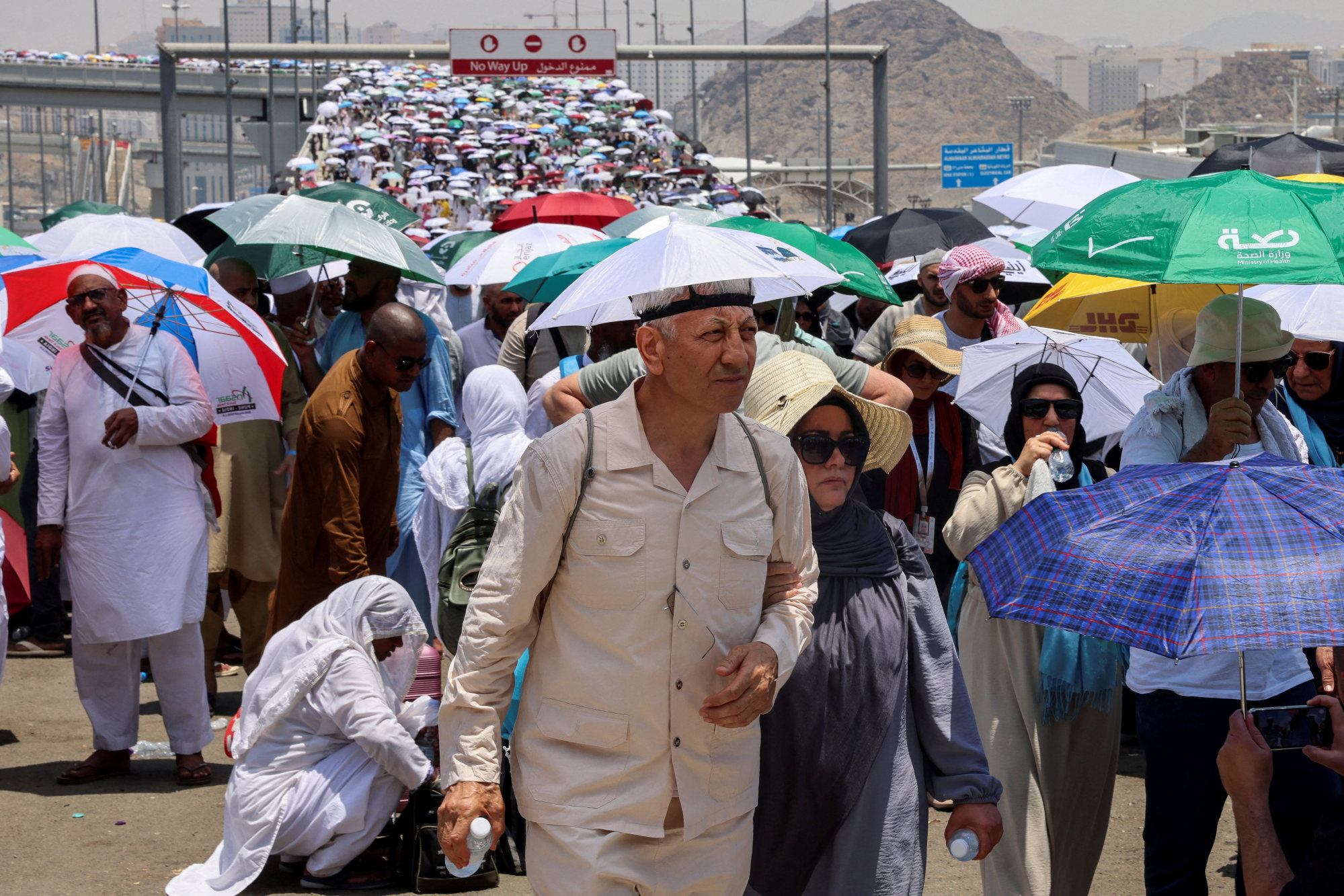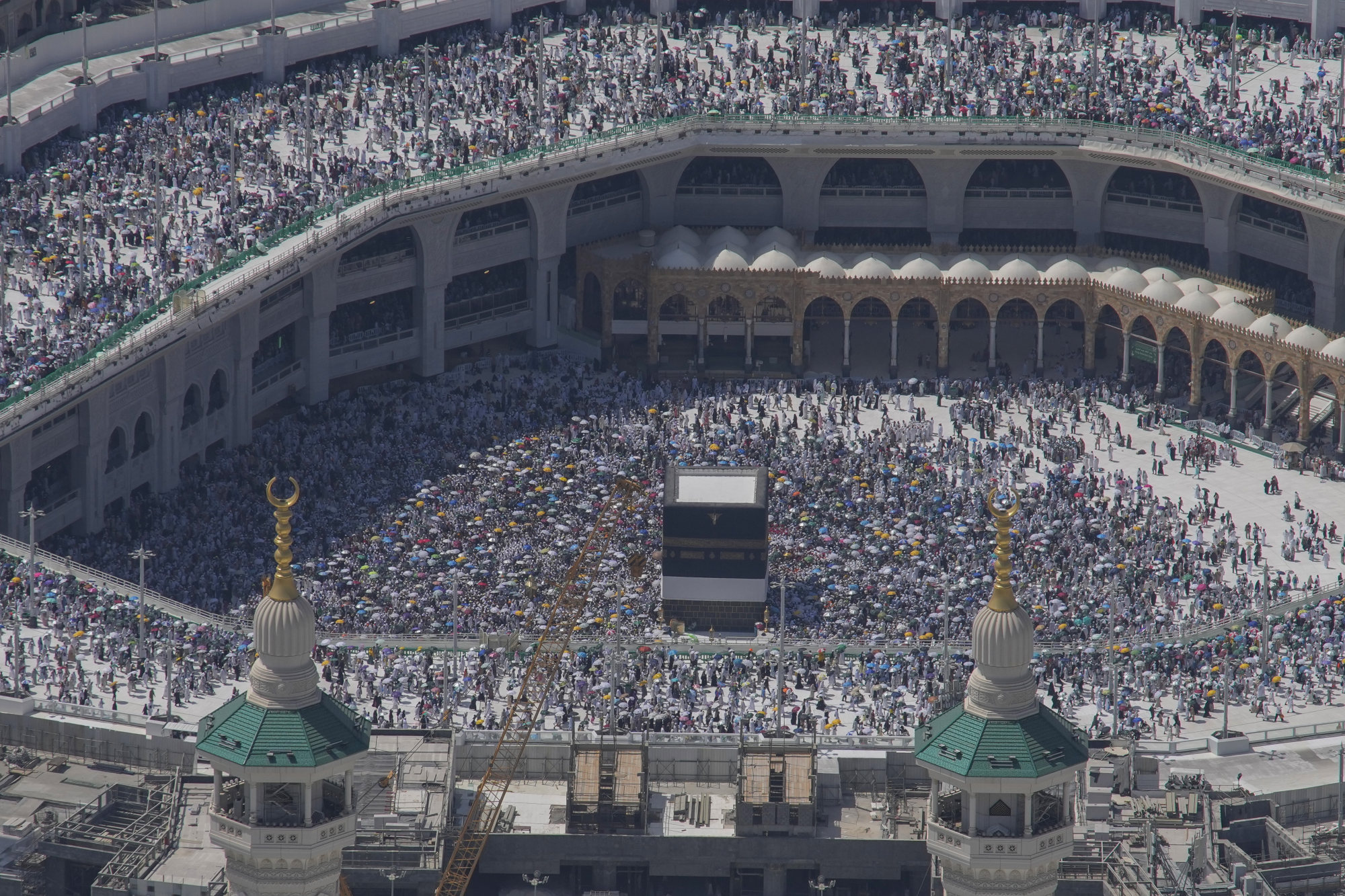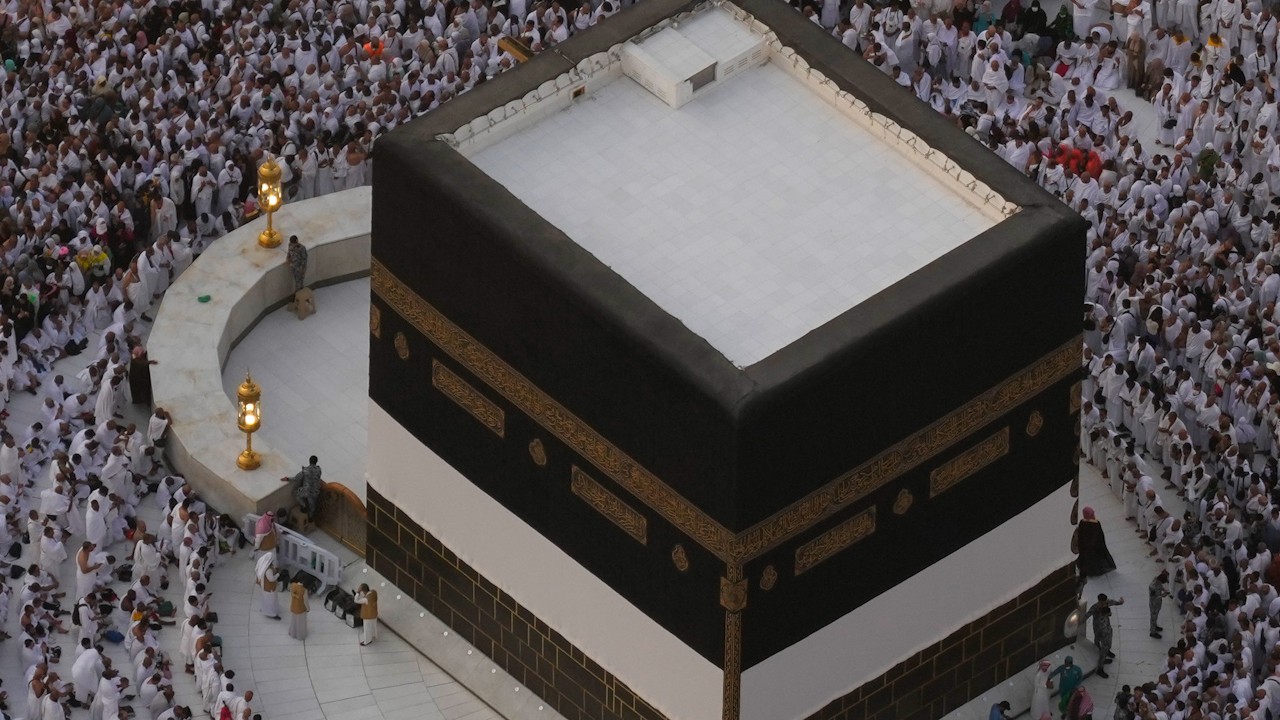Saudi Arabia said on Sunday that more than 1,300 faithful died during the haj pilgrimage which took place during intense heat, and that most of the deceased did not have official permits.
“Regrettably, the number of mortalities reached 1,301, with 83 per cent being unauthorised to perform haj and having walked long distances under direct sunlight, without adequate shelter or comfort,” the official Saudi Press Agency (SPA) reported.
An Agence France-Presse tally last week, based on official statements and reports from diplomats involved in their countries’ responses, put the toll at more than 1,100.

Arab diplomats told Agence France-Presse that Egyptians accounted for 658 deaths – 630 of them unregistered pilgrims.
Riyadh had not publicly commented on the deaths or provided its own toll until Sunday.
On Friday, however, a senior Saudi official gave Agence France-Presse a partial toll of 577 deaths for the two busiest days of haj: June 15, when pilgrims gathered for hours of prayers in the blazing sun on Mount Arafat, and June 16, when they took part in the “stoning of the devil” ritual in Mina.
The official also defended Riyadh’s response, saying: “The state did not fail, but there was a misjudgment on the part of people who did not appreciate the risks.”
He said the health system “provided more than 465,000 specialised treatment services, including 141,000 services to those who didn’t obtain official authorisation to perform haj,” according to SPA, which summarised an interview he gave to the state-affiliated Al-Ekhbariya channel.
The haj is one of the five pillars of Islam that all Muslims with the means must complete at least once in their lives.
Saudi officials have said 1.8 million pilgrims took part this year, a similar number to last year, and that 1.6 million came from abroad.
For the past several years the mainly outdoor rituals have fallen during the sweltering Saudi summer.
Temperatures in Mecca this year climbed as high as 51.8 degrees Celsius (125 degrees Fahrenheit).

It said the rise in the number of deaths of unregistered Egyptian pilgrims stemmed from some companies which “organised the haj programmes using a personal visit visa, which prevents its holders from entering Mecca” via official channels.
Haj permits are allocated to countries on a quota system and distributed to individuals by lottery.
Even for those who can obtain them, the steep costs spur many to attempt the haj without a permit, though they risk arrest and deportation if caught.


